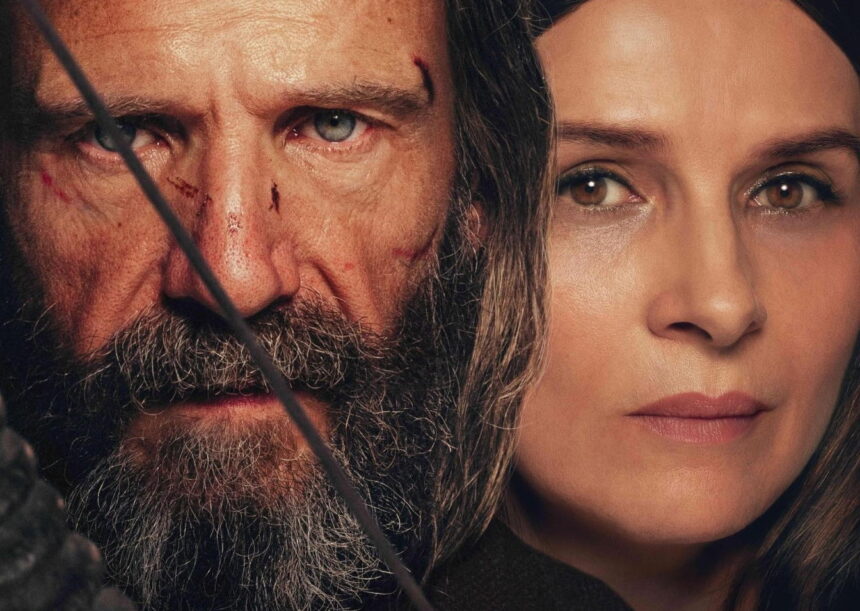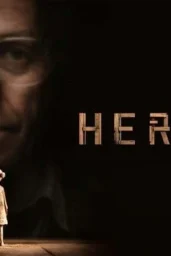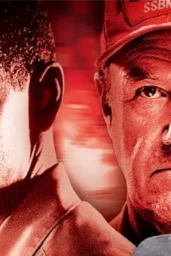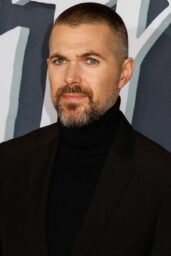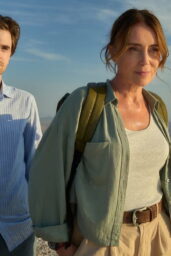The Return, directed by Uberto Pasolini, marks a significant cinematic event as it brings together acclaimed actors Ralph Fiennes and Juliette Binoche for their third collaboration. Their previous works include the Oscar-winning The English Patient (1996) and Wuthering Heights (1992). This film adapts the timeless narrative of Odysseus, who returns to his homeland after twenty years of war, only to find his wife Penelope held captive by suitors vying for her hand and his throne.
The storyline delves into the psychological impact of war on soldiers returning home. Odysseus, portrayed by Fiennes, is not the heroic figure he once was; he bears the scars of battle and must confront a changed world where his son Telemachus (played by Charlie Plummer) is in peril. The film promises to explore deep emotional themes such as PTSD, reintegration into family life, and the enduring strength required to reclaim what has been lost.
Initial reviews highlight the film's intense character portrayals, particularly focusing on the nuanced performances by Fiennes and Binoche. Critics have noted that their chemistry adds depth to the narrative, making the audience feel the weight of their characters' struggles. The film's cinematography and direction are also praised for immersing viewers in the epic yet intimate journey of its protagonists.
As anticipation builds for its release, The Return is positioned as a poignant exploration of love, loss, and redemption, resonating with contemporary audiences facing similar themes in their own lives.
The Return stands as a testament to the enduring power of storytelling through cinema. It not only revisits a classic myth but also sheds light on modern issues faced by veterans and families affected by war. As audiences prepare for its debut, this film promises to evoke powerful emotions and provoke thoughtful discussions about the nature of homecoming.
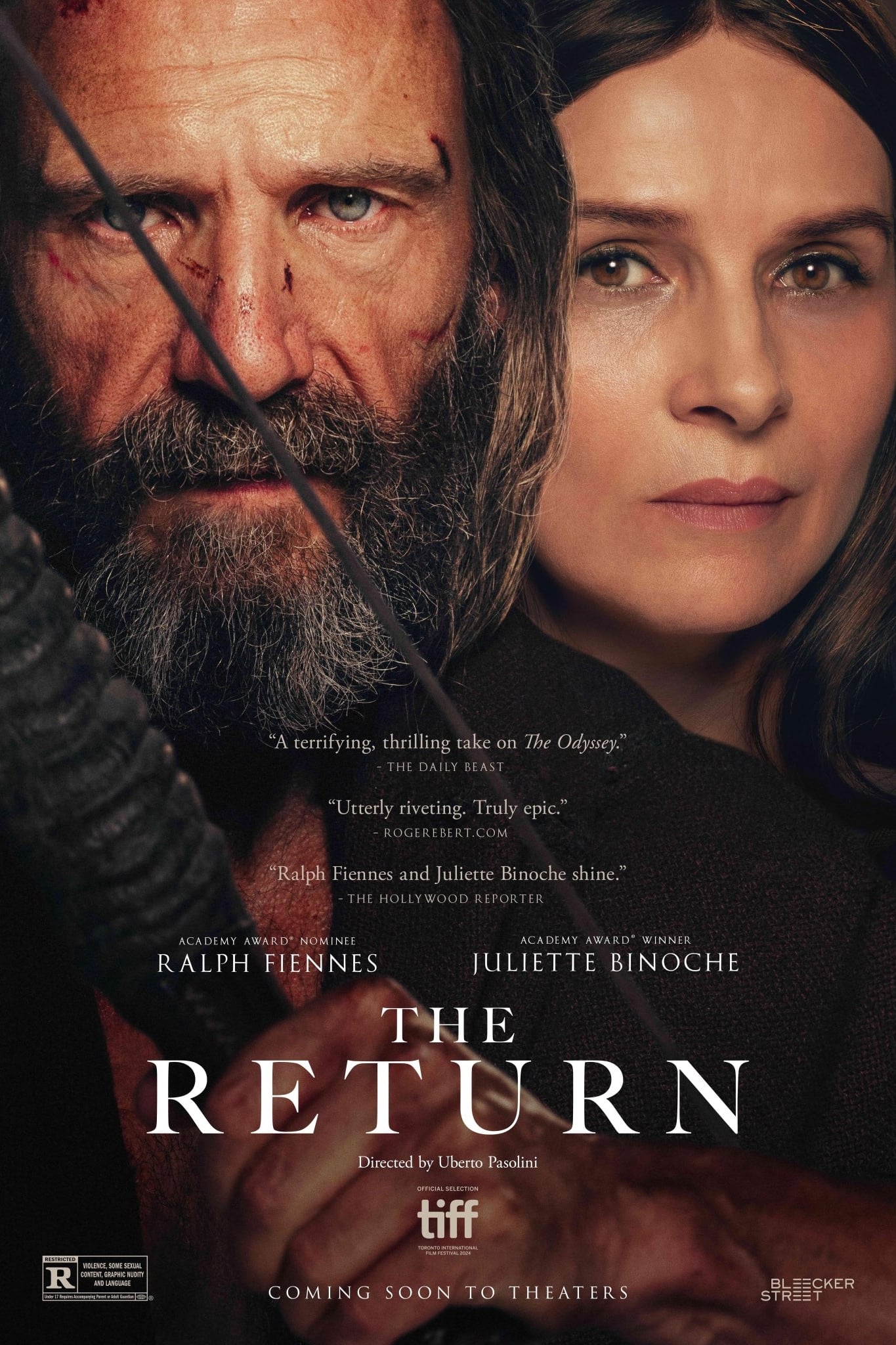
Having followed the development of The Return, I am intrigued by its potential to resonate with viewers on multiple levels. The combination of Fiennes's intense acting style with Binoche's emotional depth could create a compelling narrative that explores not just physical journeys but also profound psychological transformations. However, I hope that the film does justice to its source material while offering fresh insights into Odysseus's character beyond mere heroism.
How do you think The Return will reflect contemporary issues faced by veterans returning home? What aspects of Odysseus's journey resonate with today's societal challenges?

